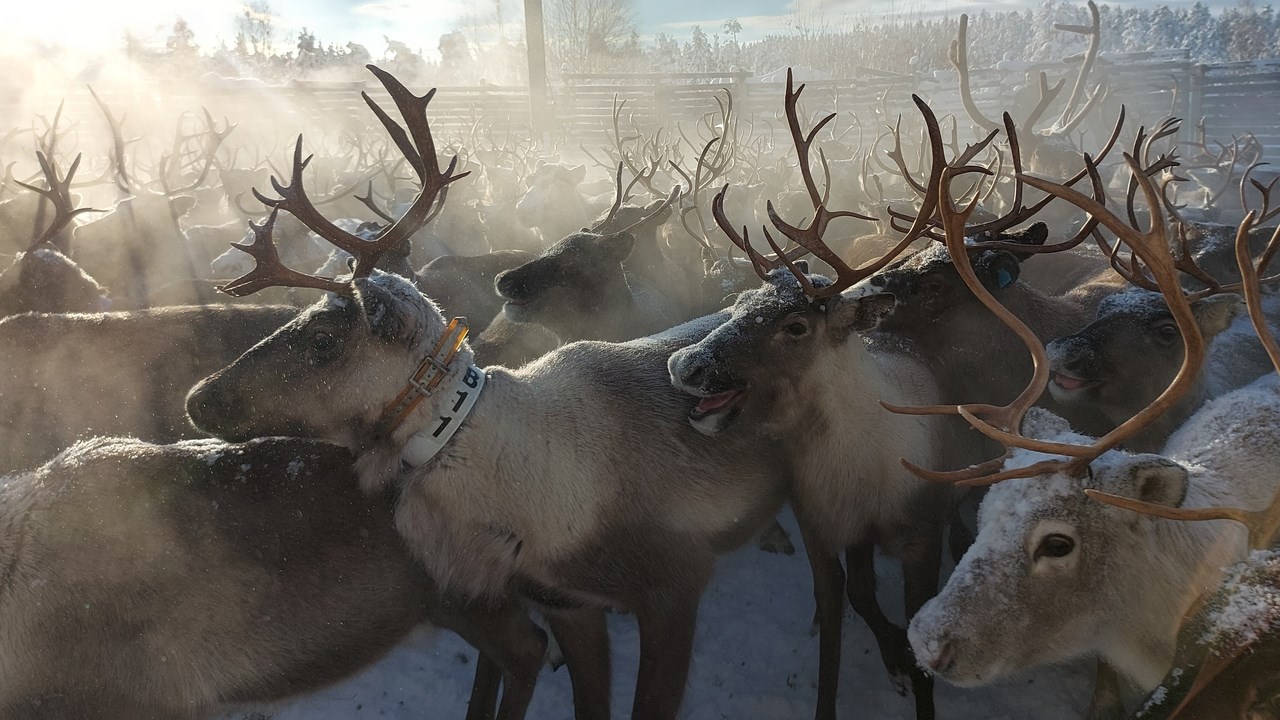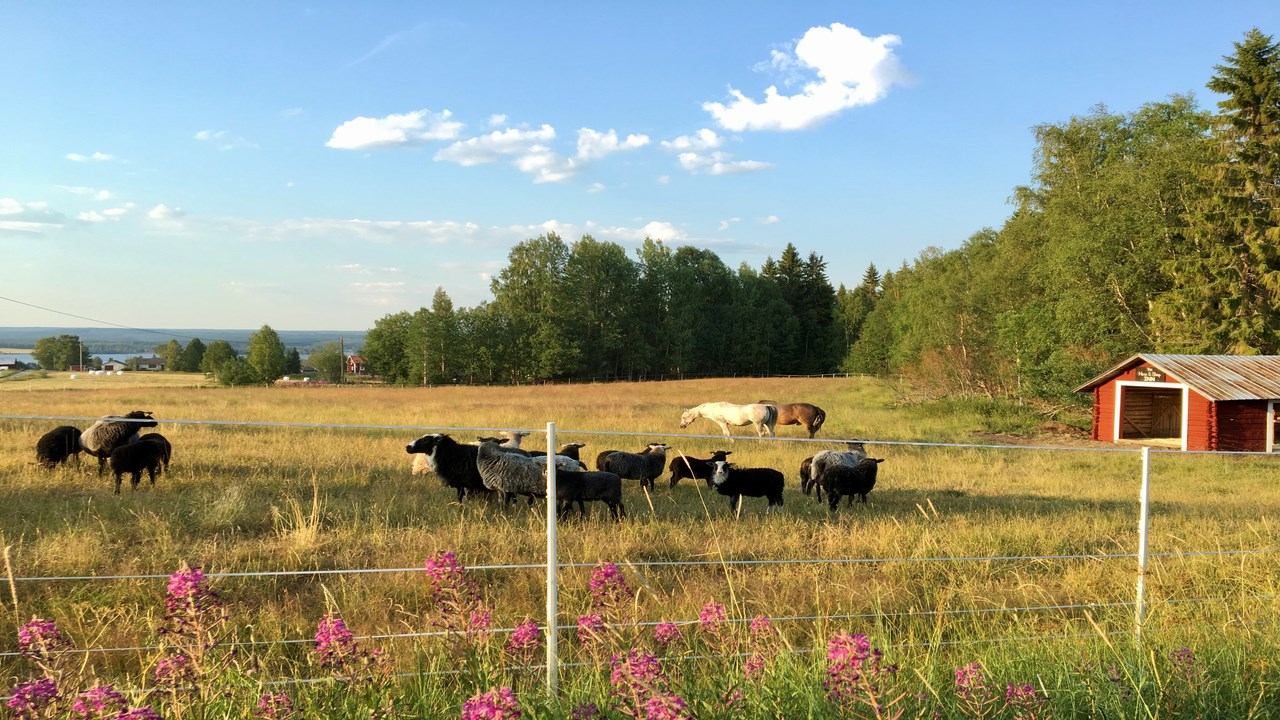Other Project member
University of Inland, Norway ; Norwegian Institute for Nature Research, Norway; Adelphi Research gemeinnutzige GMBH, Germany; Leibniz Centre for Agricultural Landscape Research, Germany; Institute of Applied Ecology, Italy; University of Turin, Italy; University of Ljubljana, Slovenia; Callisto, Environmental Organisation for Wildlife and Nature, Greece; Research and Development Institute for Wildlife and Mountain Resources, Romania; Agri-Food Research and Technology Centre of Aragon, Spain; France National Research Institute for Agriculture, Food and Environment, France; Latvian State Forest Research Institute “SILVA”, Latvia; Institute of Natural Conservation Polish Academy of Sciences, Poland; Rural Economy and Agricultural Society, Sweden; European Landowners’ Organisation; European Federation of Animal Science






